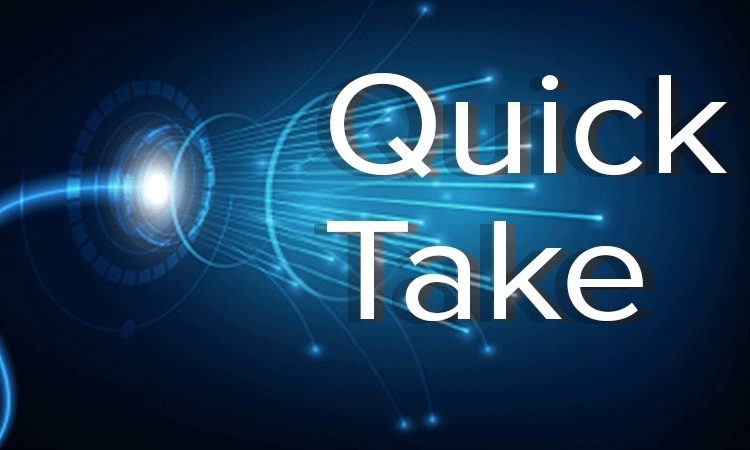People are willing to ignore facts and excuse falsehoods and misinformation if they feel it’s possible the lies could become true eventually, according to a study of organizational behavior conducted at the London Business School.
What to Know:
-
People who know something is a lie think it is less unethical to tell that lie if they can imagine it might one day become true because they judge its broader message as truer.
-
The more morally acceptable people think it is to tell a particular falsehood, the less accountable they will hold the people who tell it, and the more inclined they will be to spread the falsehood themselves.
-
Even when study participants knew a statement was false, they could justify the dishonesty and excuse it based on a future they could imagine.
-
Encouraging people to think carefully about the ethicality of statements was insufficient to reduce the effects of imagining a future where it might be true.
-
Letting people off the hook for dishonesty contributes to a “post-truth” era that undermines trust in society and institutions and makes it harder for some people to accept facts if those facts don’t align with a desired outcome.
This is a summary of the article “It Might Become True: How Prefactual Thinking Licenses Dishonesty,” published by the American Psychological Association’s Journal of Personality and Psychology on April 14, 2022. The full article can be found on eurekalert.org.
For more news, follow Medscape on Facebook, Twitter, Instagram, and YouTube.
Source: Read Full Article
